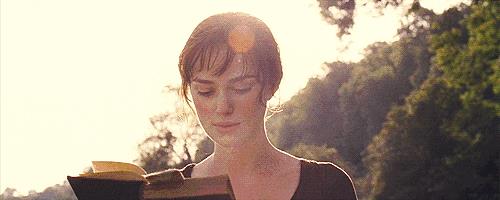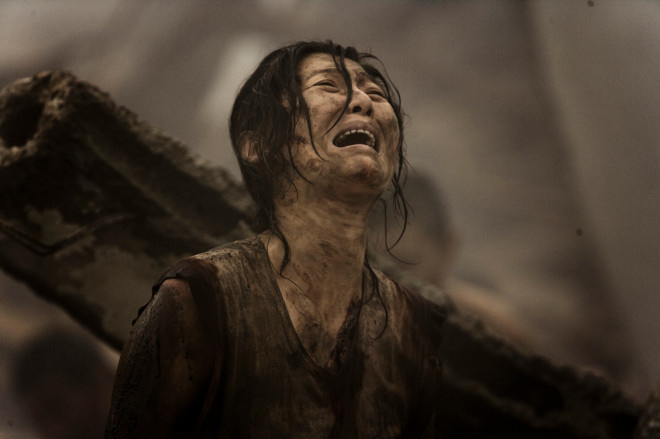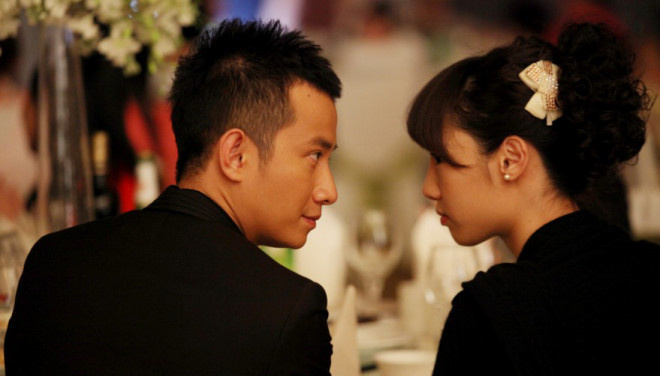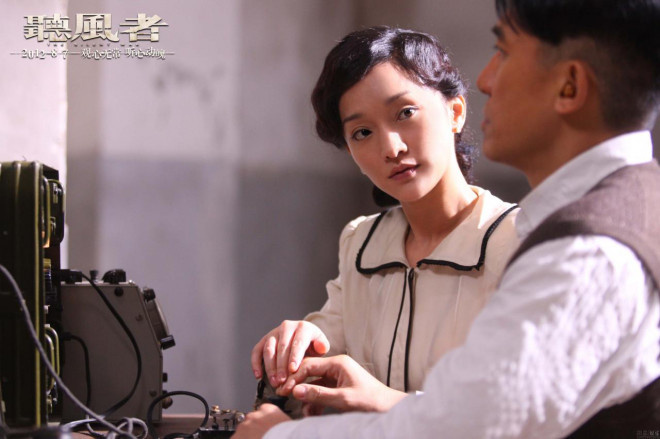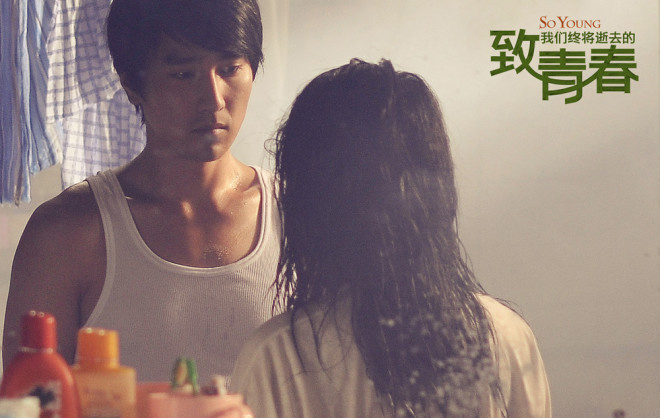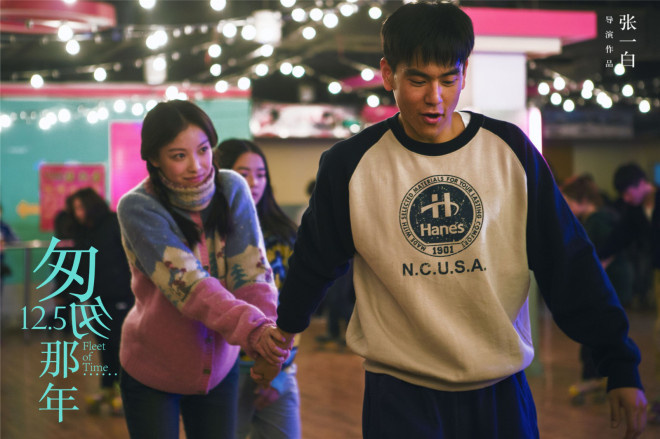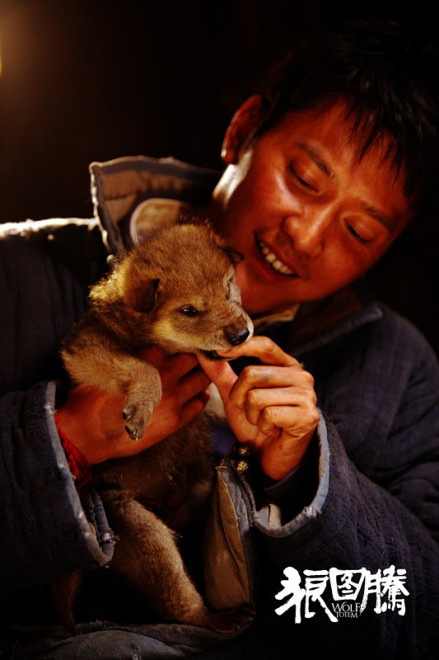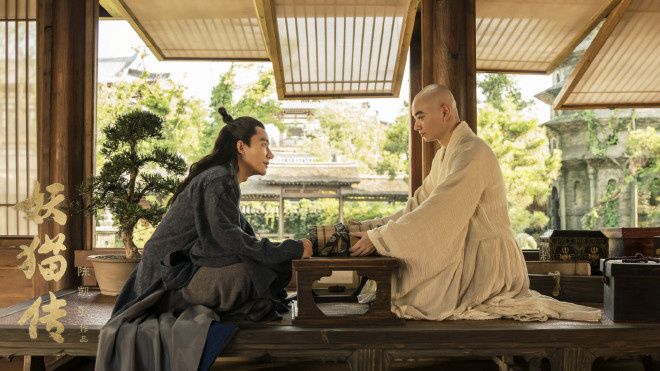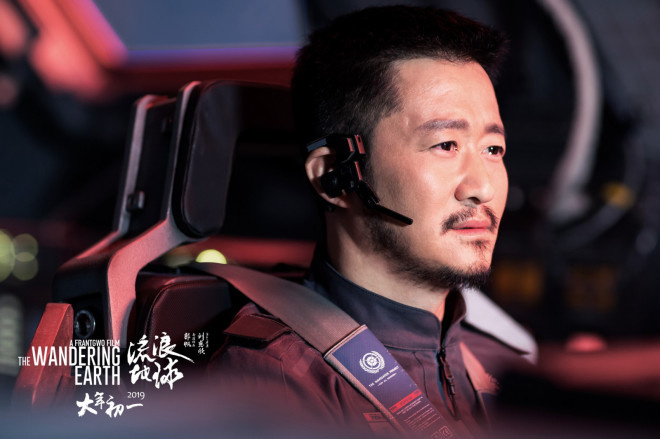
A small army lying in a hospital bed
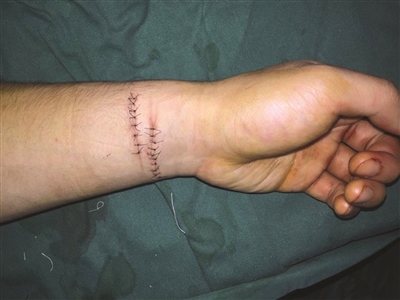
The wound on Xiaojun’s wrist.
The 21-year-old Xiaojun hurried through the breakfast cooked by his mother and returned to the game world of "the glory of the king" — — He has been playing for three hours. Mother Wang Li went out to buy food. After more than 10 minutes, she suddenly received a phone call from her son and only heard a sentence "Help me"! When my mother came home, the scene in front of her still haunted her: there was a big pool of blood on the living room floor, and the blood spread to the bedroom. Lying in bed and covered in blood, my son pointed to a fruit knife and told his mother, "I pricked my own … …”
Zi Niu journalist Ma Zhiya correspondent Zhou Yiwen/photo
What happened?
Stab yourself 13 times.
The operation lasted for 5 hours.
On the morning of the 6th, Xiaojun was lying on the hospital bed in the hand surgery ward of Xuzhou Renci Hospital, his eyes were wandering, but he would stay on the TV on the opposite wall from time to time, where an NBA basketball game was being broadcast. Xiaojun said that he used to like watching basketball very much. After he became addicted to online games, he seldom watched games.
Xiaojun stabbed himself 13 times, and his arms, neck and abdomen were wrapped in gauze, but he seemed to recover well. Although the wound still hurts, every time his mother Wang Li hears his casual groan and asks, he always says "it doesn’t matter".
After Xiaojun was injured and admitted to the hospital, Wang Li almost never left. Wang Li said that the child is introverted, but very obedient. She rarely scolds him at ordinary times. Now that the child has made a mistake, she can’t bear to be harsh.
Talking about the child’s injury, 57-year-old Wang Li’s face is full of doubts. On the morning of December 1st, she cooked breakfast as usual. Xiaojun woke up early, holding his cell phone in bed. At 9 o’clock, Wang Li went out to buy food, and she casually greeted the child. More than 10 minutes later, while bargaining with vendors in the food market, Wang Li’s mobile phone rang. After being connected, she heard a painful voice: "Mom, help me!" "
It only took Wang Li a few minutes to run home and open the door. The scene in front of her frightened her. There is a big pool of blood on the living room floor, and on the floor leading to the bedroom, it is like being drawn with a huge brush. Wang Li ran into the bedroom and found Xiaojun lying beside the bed, covered in blood. Xiaojun had just finished the phone call, and the hand holding the mobile phone was still covered with blood, and the other hand was tightly covering his abdomen. Xiaojun was still conscious at that time and said softly, "I stabbed myself with a knife."
Xiaojun was immediately sent to Xuzhou Renci Hospital. The doctor in the hand surgery ward of the hospital said that the patient stabbed his neck, upper limbs, abdomen and buttocks with a fruit knife. The hospital immediately organized experts to perform surgery to repair blood vessels, nerves and tendons. After more than 5 hours of emergency rescue, the operation was successful.
Experts told Zi Niu news reporter that the injured lost a lot of blood, but fortunately they were sent to the hospital in time, which did not cause serious consequences.
Experience before the outbreak
A
After graduating from technical school, he has changed nearly 10 jobs.
Xiaojun’s family is very ordinary. He is the only child in the family, and his parents were both workers. His mother retired from the unit a few years ago to take care of the family full-time, and his father retired from the unit and looked for a job everywhere. In addition to retirement wages, father’s income from odd jobs has become the main source of income for the family. Although the family is not well-off, in Wang Li’s view, "at least I have never suffered from children."
After graduating from a technical school in Xuzhou three years ago, Xiaojun tried nearly 10 jobs intermittently. Recently, he just quit his job as a tower crane on the construction site. Wang Li and her husband have never made financial demands on their children. They feel that their children are still young and it is not time to put pressure on them.
"He doesn’t think about playing games every day instead of working hard," said Wang Li. Xiaojun worked in internal security for nearly a year and often worked overtime. When he came home, his children were too tired to turn on the computer. Wang Li thinks that when Xiaojun is resting at home, playing games to kill time is also a kind of rest.
Wang Li said that Xiaojun is somewhat introverted, but very obedient. There is no obstacle to family communication at ordinary times, so she never understands how children can make "stupid things". The only reason she can think of is that "it’s all from playing games"!
Wang Li doesn’t know that Xiaojun’s recent favorite game is called the glory of the king. She just thinks that Xiaojun has no idea to go out to work since he played this game.
B
I lost a few games in the game and felt "particularly frustrated in my life"
Like many peers, Xiaojun has been playing games for almost 10 years. Regarding the glory of the king, Xiaojun said that this game is not very good, but it is really "addictive".
Xiaojun doesn’t think he did something stupid because he was addicted to playing games. "That impulse was actually an outbreak of long-term depression," Xiaojun told Zi Niu news reporter. He had just lost several games at the time of the incident, and suddenly felt that his life was meaningless: "I was particularly frustrated."
The "frustration" in Xiaojun’s mouth probably began after graduating from a technical school three years ago. The school recommended him to a machinery factory. Xiaojun majored in mechatronics, but the job here is assembly. "What I have learned is completely useless." More than 20 students who joined this enterprise with Xiaojun soon left their jobs one after another. Xiaojun said that he could tolerate the low-paying and boring work, and it was the daily commuting time that prompted him to follow in the footsteps of his classmates. From home to the enterprise, Xiaojun has to take the bus for about 1 hour, and then transfer to the factory car. It takes 2 hours to get down. "I need to get up at 5 o’clock in the morning and get off work at 6 o’clock in the evening. I usually get home after 8 o’clock."
The second job, recommended by the school, is a waiter in a catering enterprise in Xuzhou. Wang Li feels that this job has stimulated the child. "The unit leader found fault everywhere because the child’s hair was a little long at that time." She and her husband both supported Xiaojun’s resignation.
C
I once had a fierce family dispute because I wanted to go out and make a break.
The two jobs were not smooth, and the parents never blamed themselves. On the contrary, Xiaojun felt a little discouraged. Xiaojun said that his father was retiring from the unit at that time, and his family had certain economic pressure. He was eager to share it with his family earlier.
After quitting his job as a waiter, Xiaojun tried to work in a car decoration shop. The main job every day is to wash the car for the guests. "It’s very tired and worthless." A few months later, he tried the position of tower crane on the construction site. This time, his parents asked him to quit the job. The mother felt that the child often worked at night and the lighting on the construction site was not good. "What if the child fell?"
The longest job Xiaojun has done is the internal security work of security enterprises. After working for nearly a year, Xiaojun is even more depressed, his salary is not high, and he often works overtime. The most uncomfortable thing is that most of his colleagues are uncles in their 40 s and 50 s. "There is no common language at all, and I feel that I am wasting my life."
Xiaojun had a fierce argument with his parents. He once proposed to go to a city with better economic conditions. Unexpectedly, his parents immediately objected. Xiaojun’s father said, "You haven’t even washed your clothes. Can you take care of yourself?" Mother Wang Li always said that she doesn’t need Xiaojun to earn much money, just live a stable life, so far away from home, how can parents take care of him?
D
Although his parents don’t blame him, he feels "very useless"
In the communication with Zi Niu journalists, Wang Li mentioned many times that real life is too harsh on children, and she doesn’t understand why society can’t provide children with a stable job. She once thought of turning to some institutions to provide some employment guidance and pre-job training for her children.
Every time Xiaojun leaves his job, his parents never blame him, which makes Xiaojun feel "very useless". His way of venting his emotions is still online games. Xiaojun said that he actually has no "internet addiction", but he just thinks that what else can he do besides playing games? Since junior high school, he seems to have adapted to this life, and many of his classmates are like himself, spending their spare time in front of the computer. Xiaojun doesn’t have many friends in reality. On the contrary, he has met many people in the online game world, but apart from chatting about games, he and netizens rarely have other topics.
When Xiaojun was engaged in internal security work, he alienated the game. Because he often worked overtime, he was very tired after returning home and lost the impulse to play games.
Father likes to keep fit. During that time, Xiaojun followed his father to keep fit. Father and son often go to the gym together. After his father is busy with his work, Xiaojun insists on it, and his father often praises him for his "fruitful" practice. This hobby other than playing games failed to enrich Xiaojun’s life after all. All kinds of difficulties in work are still going on, and Xiaojun feels that he is getting more and more depressed until he has a heart-wrenching outbreak.
Expert pulse-taking
Find your own position
Make up "career planning"
Zhou Xianyang, deputy director of the Student Affairs Department of Jiangsu Normal University and director of the Employment and Entrepreneurship Guidance Service Center, believes that from Xiaojun’s employment experience, he has always been in a passive state of choosing a job and failed to find his own position. His various reasons for resignation seem more like avoiding.
Zhou Xianyang suggested that Xiaojun might as well make a career plan first, find a correct position according to his own situation and stick to it. In fact, ordinary posts also need to learn and pay, but also need to try and practice. The initial stage is more about experience, and through our own efforts, we can develop step by step.
Zhou Xianyang also suggested that Xiaojun’s parents should have confidence in their children and encourage them instead of "protecting" them blindly. In modern society, how many people don’t face pressure and challenges?
Zhu Haimei, the first batch of professional psychological counselors in China and a senior psychological teacher in Xuzhou No.1 Middle School, believes that from Xiaojun’s experience and various actions, he has the characteristics of "hollow man" in psychology, and he is confused about his future and doesn’t know what he can do or want to do. She suggested that Xiaojun should first find the goal of life and make up the course of "career planning"; Secondly, Xiaojun has a certain lack of self-awareness ability. With the help of professionals in psychological counseling institutions, he can conduct "self-analysis" to understand what his inner desire is and whether it is in line with his own ability.
Zhu Haimei also hopes that the parents of the children will boldly let go and let the children "take a trip."
coda
"I want to live a good life and work hard."
After a few days in hospital, Xiaojun finally put down the game. He told Zi Niu news reporter that he fell down this time and he would get up again. "I won’t play games again." Xiaojun still hopes to find a job with a professional counterpart, but he also said that he had a problem with his mentality in the past and had too high expectations for himself. In the future, he will put down too many ideas and work as long as he is almost the same. He will not give up because of a little setback: "I want to live and work well."
When Xiaojun said these words, Zi Niu news reporter noticed that Wang Li, whose mood had been calm, secretly wiped her tears behind her back.
(The characters in the text are pseudonyms)





